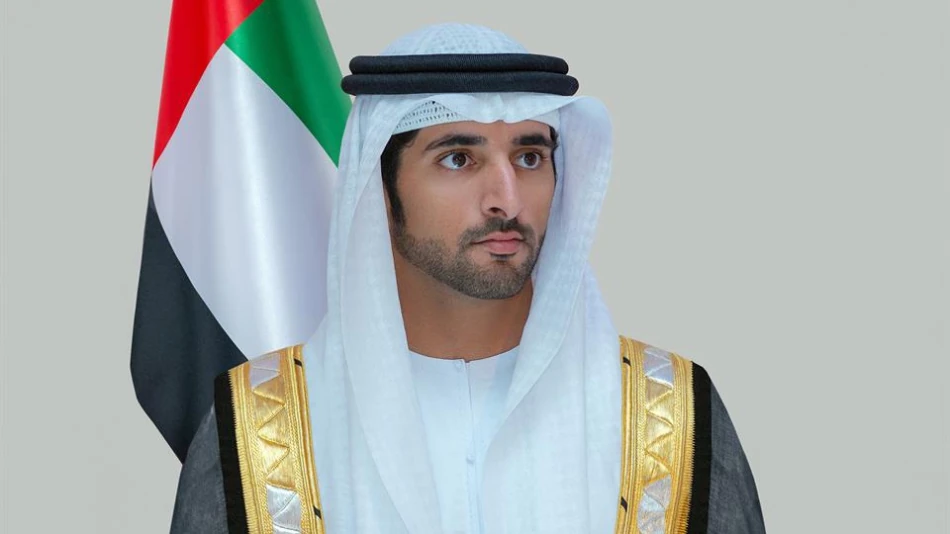
UAE Military Forces Demonstrate Unwavering Readiness and Capability
Dubai Crown Prince Highlights Military Readiness as UAE Strengthens Defense Capabilities
Sheikh Hamdan bin Mohammed bin Rashid Al Maktoum, Crown Prince of Dubai and UAE Defense Minister, witnessed specialized military demonstrations by the 22nd batch of national service recruits at the Saih Hafir Training Center, underscoring the UAE's continued investment in military preparedness amid regional security challenges.
Strategic Military Development in Focus
The Crown Prince's attendance at the training demonstration reflects the UAE's systematic approach to building a highly capable defense force. Speaking on his official X platform account, Sheikh Hamdan praised the recruits' "high efficiency and great precision in executing field missions," emphasizing the leadership's commitment to continuously enhancing the armed forces' capabilities.
The Saih Hafir Training Center, located in Dubai's desert region, serves as a key facility for preparing UAE nationals for military service under the country's mandatory national service program, which was introduced in 2014.
Regional Security Context
Gulf Defense Modernization
The UAE's focus on military readiness comes as Gulf states navigate complex regional dynamics, including tensions with Iran, the ongoing conflict in Yemen, and evolving security partnerships. The Emirates has positioned itself as a key defense hub, investing heavily in advanced military technology and training programs.
Unlike neighboring Saudi Arabia, which has focused on large-scale military procurement, the UAE has emphasized building indigenous capabilities and creating a highly trained, technology-savvy military force. This approach mirrors Singapore's model of maintaining a small but highly capable defense force.
National Service Program Impact
The UAE's national service program, which requires Emirati men to serve between 11-16 months depending on their education level, has processed over 100,000 recruits since its inception. The program extends beyond military training to include disaster response, community service, and leadership development.
The 22nd batch represents the program's maturation, with earlier cohorts now integrated into various sectors of the UAE's economy and government, creating a generation with shared military experience and national service values.
Strategic Implications
Sheikh Hamdan's public emphasis on military readiness signals several strategic priorities. First, it demonstrates the UAE's commitment to self-reliance in defense matters, reducing dependence on foreign military contractors for basic operations. Second, it reinforces the country's deterrence posture in a volatile region where military capability often translates to diplomatic influence.
The timing of this demonstration also coincides with the UAE's broader "Projects of the 50" initiative, which aims to position the country as a global hub across multiple sectors by 2071. A capable, modern military force is essential to protecting these ambitious economic and technological investments.
For regional observers, the UAE's continued investment in military training and readiness reflects a pragmatic approach to security challenges that prioritizes preparedness over reactive measures, potentially setting a template for other Gulf states facing similar strategic pressures.
Most Viewed News

 Sara Khaled
Sara Khaled






